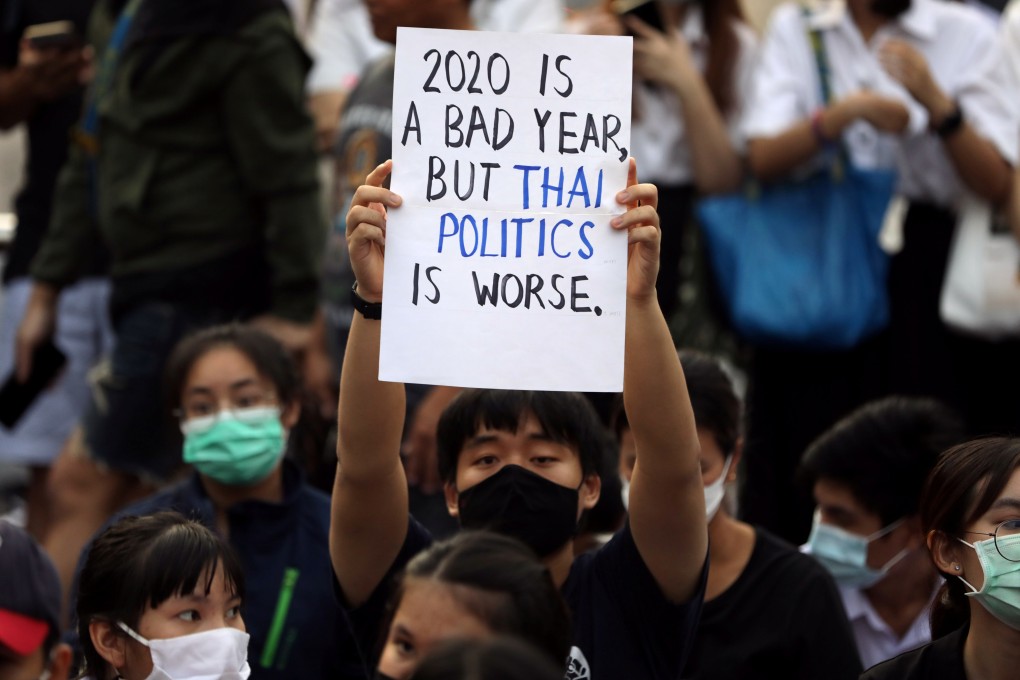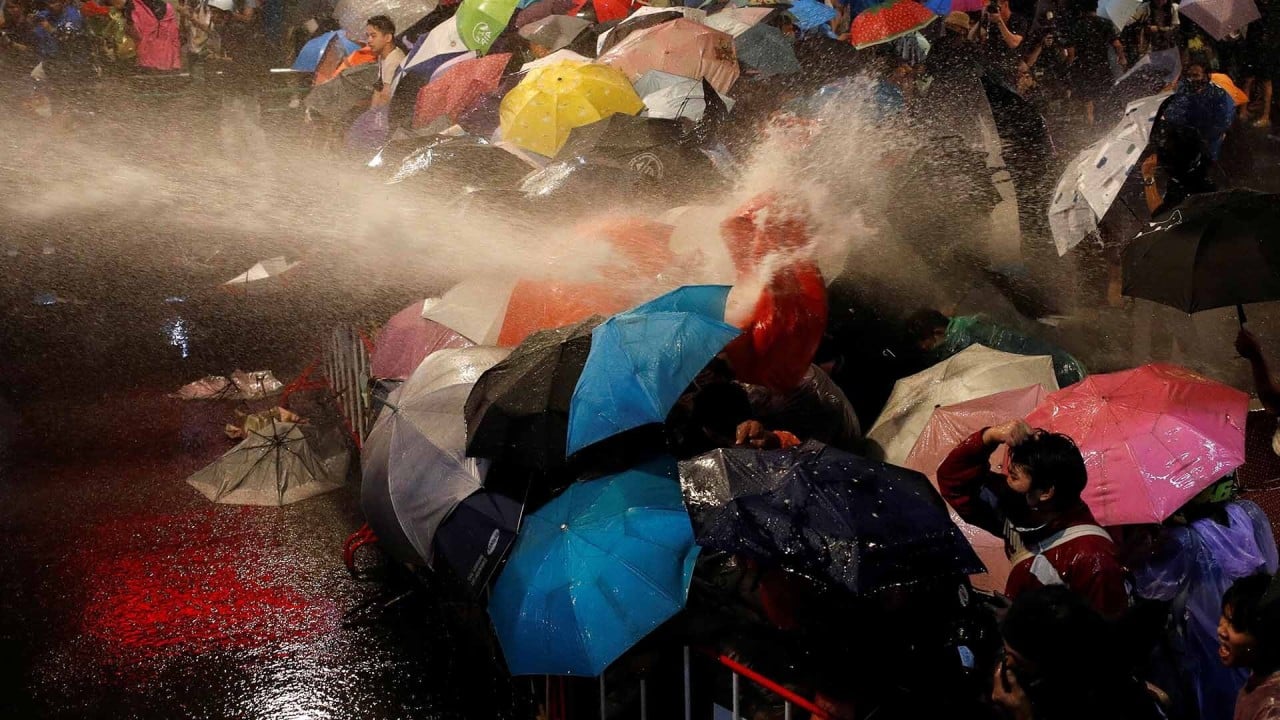Letters | Thai protests: why free press and open internet are good for the state

First, such a move would take a toll on the economy. Many businesses rely on an open internet and social media to reach potential customers. A media ban would not only hinder businesses’ ability to promote their products or services, but also have a negative impact on investor sentiment.
Moreover, blocking the media violates human rights and the freedom of the press. The freedom to present the news or express one’s opinions in accordance with professional ethics is not simply guaranteed by the Thai constitution, but is the birthright of all people.
Recently, the Thai government sought to ban the Telegram messaging app to prevent protesters from coordinating plans. We all should enjoy the right to receive multifaceted information, not just propaganda.

04:40
Thailand protests: How it all started
Thus, I believe media bans are counterproductive, and I urge the Thai government to meet the protesters’ demands and solve the country’s problems by tackling structural and core issues.